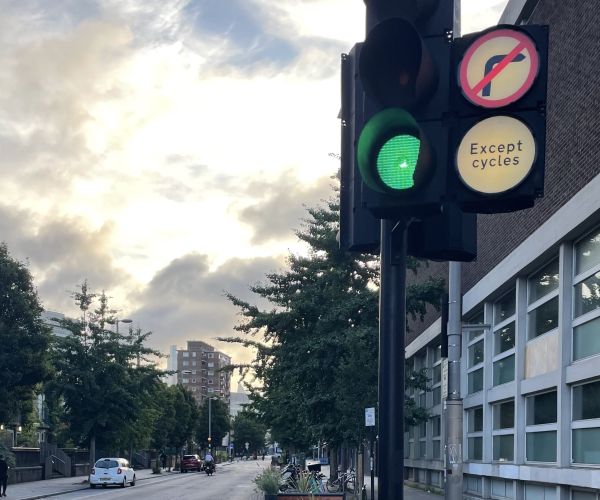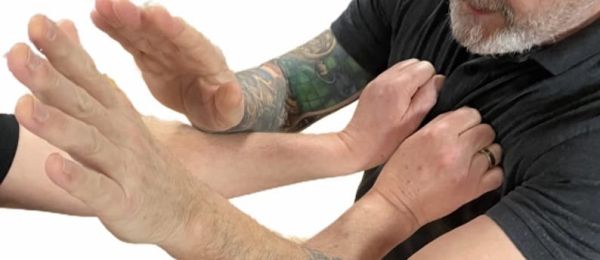Graduated Response for Personal Safety
Are you prepared for the unpredictable challenges that personal safety and risk mitigation can throw your way? Welcome to HZL's comprehensive guide on Graduated Response, a pivotal skill set in today's ever-changing landscape of personal safety.

What is Graduated Response?
Graduated response is a systematic approach to personal safety. It offers the ability to select and apply the correct response to a situation we may ‘see’, ‘predict’ or ‘find ourselves in’.
It demonstrates how we can heighten or lower our level of response as situations evolve or develop. It increases our understanding of ‘context’ and ‘dictates our actions’ when dealing with a potential or real threat or danger.
Graduated response moves through a series of options, as your reaction time decreases so do your options. Ideally you would identify the situation and remove yourself. If you cannot remove yourself then you may need to use verbal conflict management skills, if this fails you may have to resort to self-defence.
Why is Graduated Response Important?
To keep it simple there is rarely, if ever, a one size fits all solution when it comes to personal safety. The situation can change in an instant and by being able to dynamically access the threat, or potential threat and identify the options available, you will increase your chances of avoiding physical or emotional harm.
By using a system of graduated response, it will enable you to make a rational decision in an emotional situation. However, any action taken should be appropriate and within the rule of law.
When dealing with a personal safety situation, a graduated response can be beneficial to many people, especially those working in high-risk professions or hostile environments. The HZL Graduated Response System is not limited to any specific demographic group but is beneficial to those working in security, healthcare, close protection, and lone workers.


Benefits of Understanding Graduated Response
The HZL Graduated Response System works through the process of assessing the situation and identifying a suitable response. By understanding and identifying your options, and when to use these options correctly, will help protect your professional reputation.
Demonstrating competence and professionalism when dealing with a conflict situation in different environments will aid in protecting the reputational risk of your company or employer and ensure you stay within the boundaries of the law.
Legal and Ethical Considerations
Legal compliance, understanding and adhering to the appropriate use of force guidelines and legal regulations is crucial. Improper use of force can have several legal consequences including criminal charges as well as affecting your professional reputation.
Examples of key questions to consider when using self-defence:
Was there an honest held belief that there was an imminent threat of violence such that it was necessary to use force to defend yourself?
Was the nature and degree of force used reasonable in the circumstances?
Were all reasonable efforts made to retreat or avoid the threat before using force?
Correct use of The HZL Graduated Response System of conflict management and personal safety will help you navigate potential legal issues and stay within the rule of law.
Learn More and Develop Your Skill with Graduated Response
The Level 3 Award in Graduated Response Options for Personal Safety (RQF) course sits on the Regulated Qualification Framework (RQF) and will be highly effective in developing the skills that will help you navigate potentially dangerous situations more effectively.
The training will not only enhance your situational awareness by helping you to identify potential threats but also how to avoid dangerous situations by recognising signs of conflict.
By understanding how to diffuse situations you can prevent the situation from escalating into physical confrontations. The situation may escalate and the requirement for use of force as part of your own self-defence, or the defence of another may be required, and these skills are also comprehensively covered on the course.

Frequently Asked Questions
Within personal safety, by using The Gradual Response System, we can escalate or de-escalate as the situation unfolds. Ideally if you can recognise a potential threat or danger before it happens you should be able to extract yourself from the situation.
If you cannot extract yourself, you may then have to use conflict management or conflict resolution skills. If these fail, you may then be required to use a form of self-defence which may range from non-pain compliance to a strike.
In the context of self-defence, honest held belief refers to the belief of an individual that they were in imminent danger of being attacked or harmed and that they acted in self-defence. This means the person genuinely believed, based on reasonable grounds, that they needed to use force to protect themselves or others from harm.
The courses run over 4 days. There is however pre-course work that is required before the course starts.
Yes, the course does cover the law on self-defence and use of force. However, the course duration is only four days, so the information given is limited.
Case studies are used during the course to discuss how common law and criminal law relates to conflict management and self-defence scenarios.